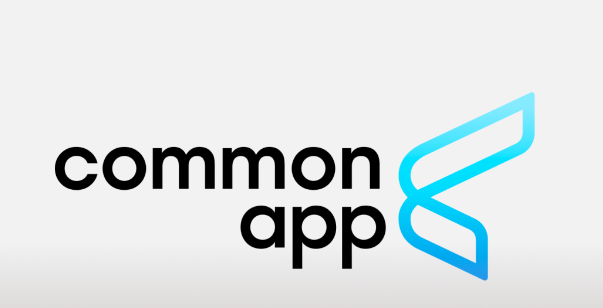Photo Courtesy of Common App Website
As Fieldston seniors receive their final college decisions, they look back on their taxing experiences. College applications are typically completed with the Common App, which allows students to compile all of their personal information and documents to submit to colleges. Using the Common App, students complete a personal statement essay that can be sent to almost every college, and write supplemental essays to specific colleges as well. This year, Fieldston seniors have found the college application process to be stressful and demanding.
“It’s always emphasized that the college process is a lot of work, which it absolutely is, but I was not prepared for how emotionally draining it would be.” said Alejandra Chavez-Flores, (Form VI).
Balancing school work and college work can be difficult, as the applications require a lot of effort. Seniors recommend using junior year to research and tour schools to narrow down college lists and determine what types of colleges may be the best fit.
“I started the process thinking I knew exactly the type of school I wanted to go to. After visiting a wide range of colleges, including large public state schools and small liberal arts colleges, I got a much better sense of what I wanted.” said Ana Kolevzon, (Form VI).
Students may also consider applying to schools outside of the United States. Colleges abroad often have different admissions processes and can allow students to experience a new environment and culture.
“There are so many exceptional colleges and universities across the globe––many that welcome applicants from the United States. Of course this decision should be made in consultation with a parent/guardian and their college counselor, but I always encourage our students to consider applying to at least one college or university outside of the continental United States.” said Jameel Freeman, Fieldston’s Director of College Counseling.
With the rise of test optional policies, some students wonder whether or not they should be preparing for standardized tests such as the SAT or ACT. While initially resulting from limited access to test centers amidst the COVID-19 outbreak, test optional policies have allowed for an increase in the range of students applying to selective colleges.
“I love that many colleges are remaining test-optional; it can potentially remove one barrier that has historically prevented students from applying to specific institutions. If possible, our students should consider preparing for and taking at least one SAT or ACT exam. Naturally, there will always be exceptions, but I think it is helpful for our students to have access to a potentially beneficial component of their application. If a student’s scores are in a less than desirable range; they can always be hidden from colleges.” said Freeman.
Due to the large workload of college applications, students suggest beginning to brainstorm ideas for essays in advance, and starting to draft during the summer before senior year.
“My advice would be to spend a lot of time thinking about potential ideas. I had friends who during junior year started writing down ideas whenever one came to them and eventually had a notes app document filled with topics about themselves that they could start writing about.” said Kolevzon.
Writing a personal statement for the Common App can be particularly challenging, as the essay is meant to showcase the unique aspects of an applicant.
“Your common app essay should show a part of you that is not already on another part of your application. I thought about what is essential to who I am and why it would be important for admission committees to know that. I came up with a list of potential topics, and I free wrote.” said Chavez-Flores.
Students have the option to apply early to most colleges, and submit these applications in the fall. Students can only apply to only one college through early decision, and they must attend if admitted, whereas they can apply to many colleges through early action and can choose whether or not to attend if admitted.
“I think applying to schools early action is definitely worth it. It’s good to have a few decisions back by around December or January rather than having to get all of your decisions in March within the span of a couple of weeks.” said Kolevzon.
However, students applying early decision must remember to work on their regular decision applications, too. Although students may be admitted to their early decision school, they should continue preparing their other applications in the case of rejection or deferral.
“I was fortunate enough to be accepted to my Early Decision school, so I did not have to finish writing supplements/finish applications for other schools. However, had I been deferred or rejected, I would have been in trouble; I had a lot of work left to do.” said Chavez-Flores.
Students are also encouraged to make use of Fieldston’s college counseling office. College counselors can help students understand the process, decide where to apply and craft the pieces of their applications.
“Fieldston has a comprehensive college counseling program and we can help each student navigate every single aspect of the college process. Being able to talk through aspirations, goals, and concerns with a college counselor can reduce the stress and anxiety that can accompany the college process. We are here to help you!” said Freeman.
There is evidently a lot of work ahead for rising juniors and seniors to complete. While college applications are an important process for students to focus on, students are advised to take their time and enjoy high school as well.






